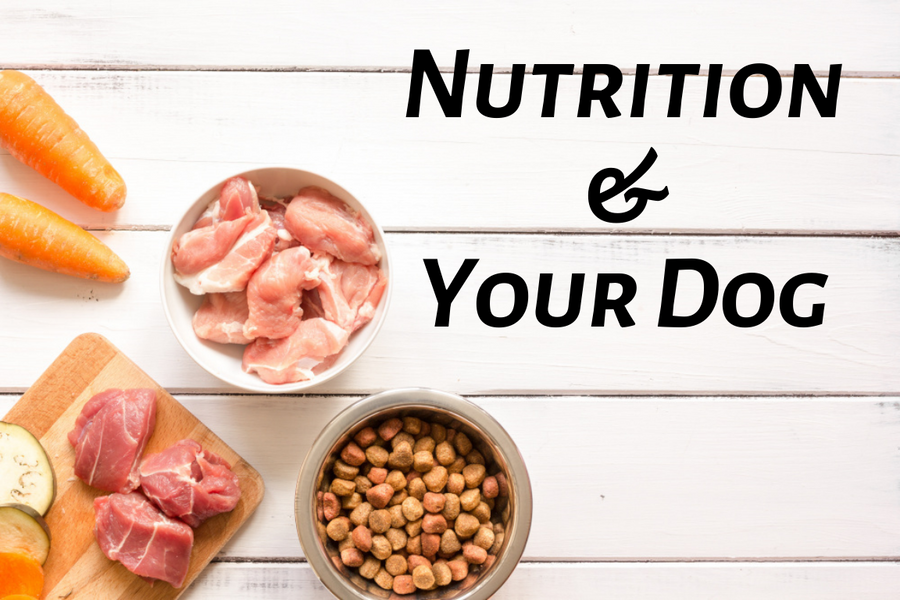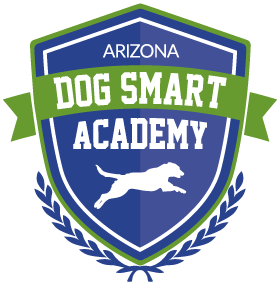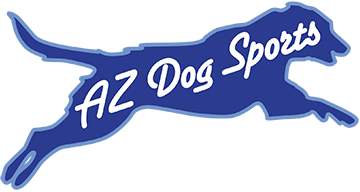
Most people want information on dog nutrition, and they want to have guidance on feeding and supplements. It is not always easy to tell the difference between good marketing and fact-based information. But when it comes to your dog, you want to know you’re not being led down the wrong path.
The dog nutrition source we trust
We love the Whole Dog Journal. They do not take advertising and that makes a huge difference in the way their articles are written. The bias can be substantial when a company is trying to sell their own products.
Is expensive dog food better than cheap dog food?
Every dog food company says they have quality ingredients, so why do prices vary so much? Well, as you will read, all protein is not created equal. Plant-based protein is much less costly than an identified meat source like chicken, beef, or lamb. So, the lower priced options can have less meat and more plant-based proteins. Check the ingredients, not just the price. The first two ingredients should include an identified protein meat source and usually a binder like rice, sweet potato, oats or another grain or legume. Also keep in mind that lentils and peas do not always work well with a dog’s digestive system; but if your dog cannot have rice or grain, there are other choices.
What about alternative dog nutrition?
Consider raw food or dehydrated raw for dogs with allergies or sensitive digestion. Cooked fresh foods like veggies, fish or meat, cottage cheese or yogurt, sardines, liver and organ meat, brown rice, green beans or carrots can all be included in a good home diet. Blueberries, bananas, apples and even melon can be appealing to dogs.
There are many dos and don’ts, but do not get discouraged. If you realize that you want a great resource; we recommend the book The Forever Dog by Karen Becker and Rodney Habib. They will guide you through all you need to know and more on meds, supplements, and research. Both are frequent guests on podcasts and streaming shows and their book is available on Audible.




